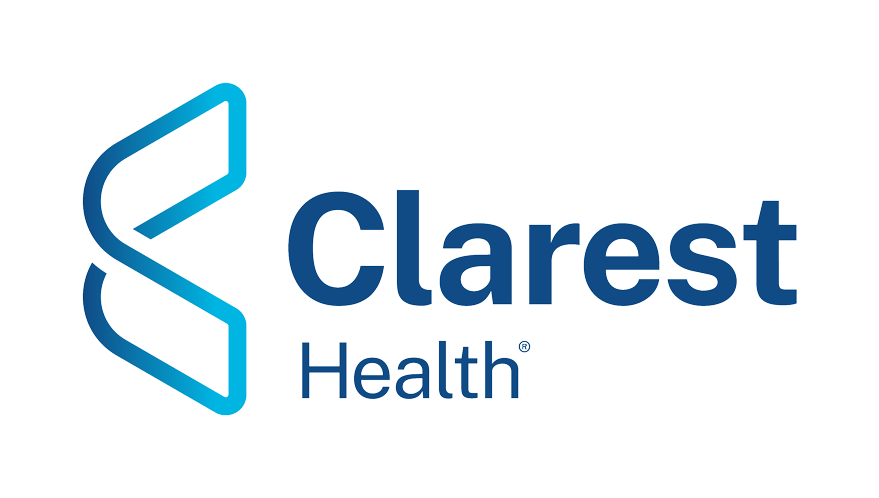April is National Stress Awareness Month, a time dedicated to recognizing the impact of stress on our daily lives and exploring ways to reduce it. One area where stress is particularly prevalent is Medication Management, both in long-term care (LTC) facilities and home settings. From the high rates of Medication Errors to the daily struggles of family caregivers and the widespread challenge of health literacy, these stressors can feel overwhelming.
By addressing these challenges with innovative solutions, we can alleviate the burden on caregivers, healthcare professionals, and patients, prioritizing their mental well-being while improving medication safety. National Stress Awareness Month is the perfect opportunity to shine a light on these critical issues and inspire action.
The Link Between Medication Errors and Stress in Long-Term Care
Medication errors are a major source of stress in LTC facilities, where staff are already stretched thin handling the care of residents with complex needs. Recent data shows that 16-27% of nursing home residents experience medication errors, including incorrect dosages and missed medications. Federal guidelines require nursing homes to maintain a medication error rate below 5%, yet many struggle to meet this standard due to systemic challenges like understaffing and lack of training.
How Stress Contributes to Medication Errors
The workplace environment in LTC facilities often exacerbates stress for healthcare professionals. Time pressures during medication rounds, cognitive overload from balancing complex medication regimens, and the constant demand to ensure resident safety all contribute to a high-stress atmosphere. When stress levels rise, the risk of errors increases, creating a cycle that further impacts staff morale and resident care.
Underreporting Adds to the Problem
Compounding the issue is the underreporting of medication errors. Staff may hesitate to report mistakes for fear of repercussions, while others may lack the resources or systems in place to document errors. This hidden danger prevents facilities from understanding the full extent of their challenges and addressing the root causes.
By fostering a culture of transparency and implementing error-reporting systems, LTC facilities can reduce stress on healthcare professionals and lower medication error rates, creating a safer and more supportive environment for everyone involved. April’s focus on stress awareness provides an ideal moment to revisit these systems and make impactful improvements.
The Emotional and Logistical Burdens on Family Caregivers
Beyond LTC facilities, medication management also brings significant stress to family caregivers. Responsible for ensuring that loved ones manage their medications correctly, caregivers often face daunting tasks. Studies show that 40-75% of older adults fail to take medications as prescribed, leaving caregivers to fill the gap and prevent potential health crises.
Related—The Clarest Path: From Challenges to Solutions, We Support the Caregiver at Every Step
Tackling Caregiver Stress
The logistical challenges of managing medications are numerous. Caregivers juggle organizing pill schedules, tracking refill dates, and deciphering complex instructions, all while balancing their own responsibilities. This can lead to stress-inducing situations, like running out of a critical medication or making a mistake when measuring a dosage.
Emotionally, the stakes feel especially high. Caregivers often live in fear that one small error could harm their loved ones, leading to guilt, anxiety, and burnout. The consistent demands of medication management also disrupt daily routines, leaving little space for rest or self-care.
Tools to Alleviate Caregiver Stress
Fortunately, there are tools and technologies designed specifically to ease these burdens. Pre-packaged medication systems like CareFil simplify the process by sorting doses by time and date, eliminating guesswork. Medication management apps send reminders and alert caregivers to possible drug interactions, adding an extra layer of safety and reducing mental strain.
Investing in these resources doesn’t just benefit caregivers; it ensures better health outcomes and helps loved ones adhere to their prescribed regimens. Recognizing and reducing caregiver stress during Stress Awareness Month can pave the way for more balanced and supported care environments.
Health Literacy and Its Role in Stress Reduction
One of the most significant, yet often under-discussed, stressors in medication management is health literacy. Nearly 50% of U.S. adults struggle to understand or act on medical information, making it difficult for both caregivers and patients to confidently manage medications. This gap often leads to misinterpretation of instructions, skipped doses, and dangerous medication errors.
Stress from Knowledge Gaps
Caregivers with low health literacy frequently feel unprepared for the complexities of managing medications. Confusion over medical terminology, conflicting instructions, or difficulty understanding potential side effects adds to their stress and increases the chances of mistakes. Additionally, language barriers and visual impairments exacerbate the challenges for some caregivers.
Bridging the Gap with Education and Communication
To reduce stress caused by health literacy gaps, healthcare providers and organizations must prioritize clear communication and caregiver education:
- Simplify Instructions: Using plain language on labels and in prescriptions eliminates confusion. For example, replacing technical terms with phrases like “take every 12 hours” ensures clarity.
- Provide Visual Aids: Illustrated guides or color-coded schedules make complex instructions easier to follow.
- Offer Personalized Consultations: Pharmacists and nurses should work with caregivers to ensure they fully understand their loved ones’ medication regimens.
- Leverage Technology: Medication management apps that translate instructions into audio or visual formats provide accessible options for all caregivers.
April’s emphasis on stress awareness serves as a reminder to healthcare professionals to evaluate how their communication practices impact patients and families. By focusing on health literacy improvements, we can empower caregivers and patients while significantly reducing stress.
Medication Management as a Stress-Reduction Strategy
The interrelated challenges of medication errors, caregiver burdens, and health literacy highlight the critical need for integrated solutions aimed at reducing stress. National Stress Awareness Month encourages us to think beyond the statistics and focus on the people most affected by these issues. Healthcare professionals, family caregivers, and patients alike benefit from improvements to medication management systems and practices.
Key Steps to Reduce Stress in Medication Management:
- For LTC Facilities:
- Invest in digital tools to streamline error reporting and medication administration.
- Foster a transparent and supportive workplace culture to lower staff stress levels.
- For Family Caregivers:
- Use medication sorting tools like CareFil and mobile apps for reminders and adherence support.
- Seek educational resources and support networks to feel more confident in caregiving responsibilities.
- For Healthcare Providers:
- Communicate medication instructions using clear, accessible language.
- Provide bilingual resources and visual aids tailored to individual caregiver needs.
By focusing on reducing the unique stresses of medication management, we can create safer, more compassionate systems that support both care providers and recipients. Effective medication management not only contributes to better health outcomes but also prioritizes the emotional well-being of everyone involved.
A Call to Action During Stress Awareness Month
This Stress Awareness Month, it’s time to acknowledge the often-overlooked stress that medication management brings to long-term care settings and homes across the country. From reducing medication errors to supporting caregivers and improving health literacy, we all have a role to play in easing this burden.
With innovative tools, transparent practices, and a commitment to education, we can transform medication management into a more efficient and less stressful process. This transformation aligns with a greater goal we should all strive for during Stress Awareness Month and beyond: Advancing Patient Health at Every Step. By taking action now, we ensure a healthier, more supportive future for patients, caregivers, and healthcare professionals alike.

